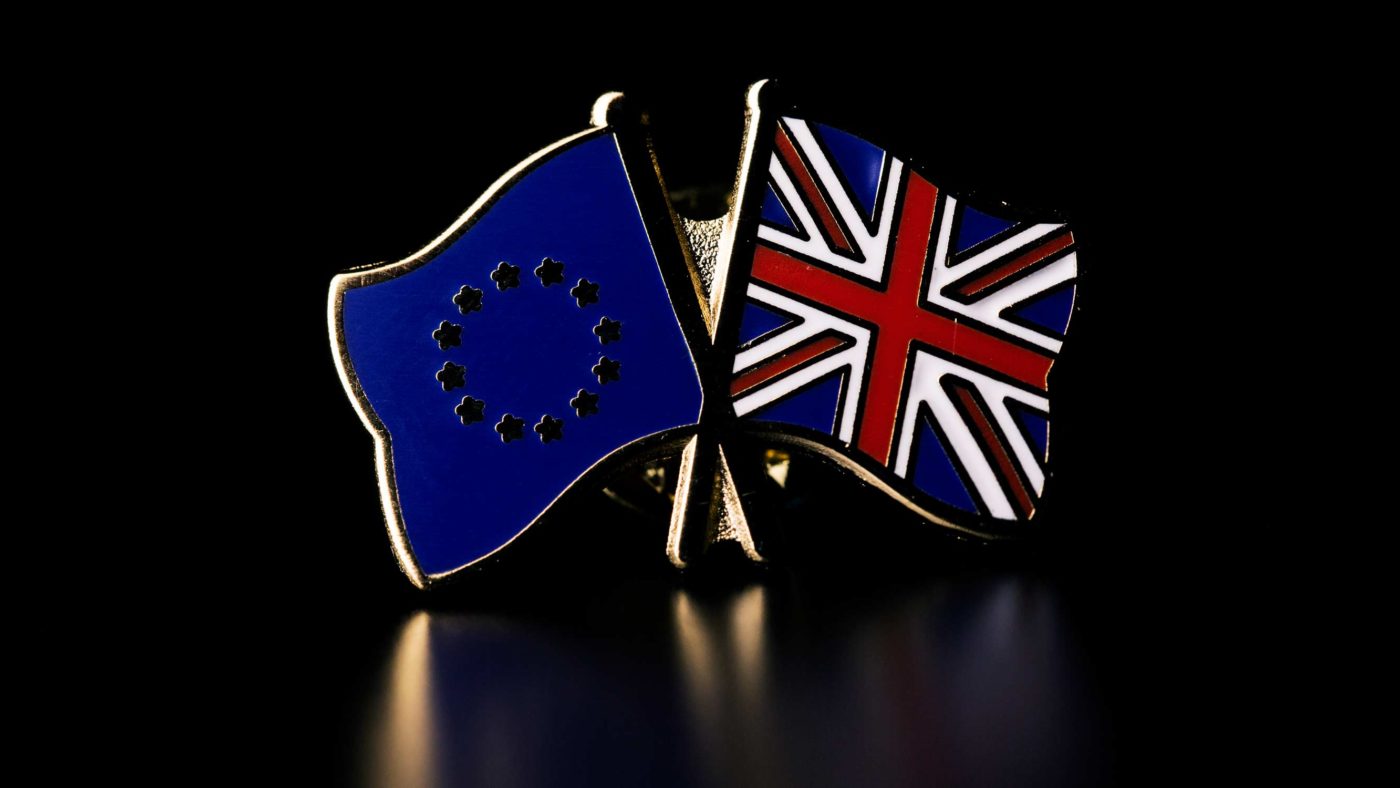Delaying the triggering of Article 50 was meant to buy the government time. It would give Theresa May and her colleagues the chance to have a good look at the range of options that their European counterparts, including those occupying the increasingly hubristic top shelves of the Commission, were prepared to countenance. And so, it seemed fair to assume that the UK negotiators would enter into the talks with a clearly defined objective.
But, thanks in part to a number of rather leaky government departments, it would seem that even now there is still no consensus across parts of Whitehall when it comes to what they are supposed to be delivering. Nevertheless, in two important speeches — at Lancaster House and in Florence — the Prime Minister did set out what is to be understood by “Brexit means Brexit”. Senior Cabinet figures are now going to make a series of key speeches developing this. This is not before time.
Behind the scenes, a considerable amount of work has been done on the detail. Because of the way government works and its output is reported, this has been largely invisible to the public eye. The absence of a clearly defined narrative to accompany these labours has however encouraged the Brexit-blockers, who keep digging away at fissures real and imagined, aiming to undermine the result of the referendum.
What is now needed is an unambiguous statement of intent from the top. Whitehall should be tasked with an unvarnished mission statement. Here’s one to get the ball rolling:
The delivery of a UK-EU Free Trade Agreement, operating outside, but in equal partnership with, the institutions of the EU; pursuing minimal barriers to all trade based on equivalence, mutual trust, and gradual, managed sectoral divergence; applied in the context of wider continental and global technical and standards cooperation; cooperating bilaterally in shifting areas of joint concern, through a system of unwelded “docking ports” rather than institutional integration; funded on the basis of “juste retour”; and designed in order to take back control of the nation’s financial contributions, borders, and waters, and to restore direct democratic accountability to decision-making.
Why the above? In separate Red Cell papers we have explored the concept of the Goldilocks Zone as applied to EU agreements. There is for each country a range of treaty types that best suit its relationship with the EU. For historical, democratic, financial and pragmatic reasons, the UK’s own optimal type of links will be far looser than most of its European counterparts. That encourages an intergovernmental approach. The EU-South Korea FTA, touted by Remain campaigners as a major deal supposedly at risk from Brexit, after all manages to work through occasional joint meetings and panels. As for transition, the EEA deal conversely includes a mechanism for managed divergence where regulations have not been implemented in a sector. Other agreements already allow third party states to engage institutionally without the burdens of corporate membership, or to bolt on for specific projects or campaigns. None of this means reinventing the wheel.
We have also explored the practical and economic problems of being in the EEA – an adjunct to the Single Market – and the limitations that arise from being in any customs union. The high level of UK business activity that is not connected with the EU, forced unnecessarily to carry the burdens of facilitating the small proportion that is, push us inexorably into pursuing the end ambition of an FTA and not staying magnetised to the core.
It is also critically important to plan not only around what the EU is now, but what it aspires to be and what over time it will become. The EU is an integrationist system, and being institutionally and financially chained to it will forever mean the UK battling the Lernaean Hydra. Regardless of how many times it is hit, the inherent risks to our sovereignty and our economy will regenerate. A measure of distance from its institutions gives Britain security against what the EU will become.
The more we are welded into the institutions and the budgets of the EU, the more deeply interlocked policy over issues such as migration or defence becomes, and the deeper the consequences of policy overspill from EU integration elsewhere. Likewise, the more we are witnessed as willing to subsidise the EU, the more we will be seen as fellow travellers in the integration journey, and the greater the expectation of shared sacrifice from us when bad policy decisions come home to roost. Or have we forgotten the Greek bailout already?
For all the gloom-mongering, Brexit creates real opportunities. The EU system has encouraged government by fiat, a Brussels lobbyocracy, and overregulation. Properly taking back control ends MPs’ ability to duck responsibility for bad decision making, and will reinvigorate democracy, debate, and public trust – not always in ways even those few people currently thinking about it currently expect.
Today we have heard from the Foreign Secretary, who offered an outreached hand across the Brexit debate. While welcome, it will, however, also administratively require more than golden prestidigitations with the English language, or indeed sell the global mission with one-off recommendations to visit Thailand and relive The Hangover Part II. Let us hope that the opportunity offered by these speeches is seized, and a clear mission statement is finally set out.
The PM and Ministers alike need to get a grip on Whitehall, so that it unites around the positive mission assigned to it by the British people, rather than continuing along the worn FCO path of managing decline.


